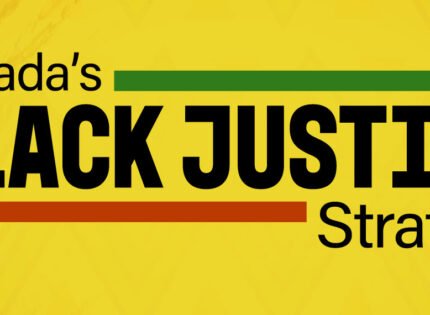Kidole kimmoja hakivunji chawa this Swahili phrase translates into one finger doesn’t kill lice. This simply means that unity births power and force that results in change. In the wake of George Floyd’s killing the hearts of the people were set ablaze with rage. The viewing of the life leaving a man incited protests around the world as people cried, “BLACK LIVES MATTER.” It was a turning point, with the truth before their eyes the masses didn’t need a leader their rage fueled them.
Similarly, in Kenya, a proposed finance bill that threatened to overburden already exhausted taxpayers sparked outrage. The 2024/25 bill aimed to raise $2.7 billion in additional taxes to reduce the budget deficit and state borrowing, amidst Kenya’s public debt standing at 68 percent of GDP, higher than the 55 percent recommended by the World Bank and the IMF. There was further outcry on discretionary spending provisions for the offices of the First Lady and the Deputy President’s wife. The bill also proposed new taxes, including an eco-levy raising the price of goods like period products and nappies.
Kenya has a long history of protest, with demonstrators facing arrests and police violence in the 1980s during the struggle for multi-party democracy. What is unique about this protest is its origin in online fury and its leadership by Gen Z (youth aged 18-26).
The government initially dismissed the movement as “clueless” protests by “cool kids” who come to demonstrations in Ubers, with iPhones, and eat at KFC afterward.” However, this attempt at trivializing the movement only strengthened the resolve of the Gen Z protesters. They refused to be divided along tribal or class lines, uniting instead against the impunity and corruption they saw in their government.
Citizens continued to express their disdain as they shared videos of elected members of parliament flaunting their wealth on TikTok while the rest of the people they represent struggle to afford basic necessities. Discussions on platforms like X spaces, Instagram, and Facebook led to youth-led protests against the punitive finance bill. From major cities to lesser-known towns, millennials and Gen Z protested peacefully, holding unique placards calling for the bill’s total rejection. The hashtags #occupyparliament #rejectfinancebill2024 and #rutomustgo have been trending for the better part of the past two weeks. Protests also were held in other cities; Los Angeles, Washington D.C, and London.
Unfortunately, the protests turned violent, and it was alleged that hired goons were brought in to infiltrate the otherwise peaceful protests which then resulted in a blood bath. The police opened fire and the military were then dispatched after thousands stormed parliament marking it as the biggest assault on Kenya’s government in decades. The milirary and police were trigger happy in burroughs across Nairobi resulting in the death of over 200 people and scores injured.
Kenyan President, William Ruto eventually conceded on Wednesday June 28, stating, “I will not sign the 2024 finance bill, and it shall subsequently be withdrawn.”
The protests coincided with around 200 Kenyan police landing in Haiti as part of a UN-backed contingent to stabilize the country after months of unrest and gang violence.
Following the withdrawal of the bill, Kenyans are keenly observing to see if the bill will be redrafted or if the Speaker does not call for a special sitting (since parliament is on recess) then after 21 days it will automatically become law. And the question will be, what was it all for?
Gen Z’s Force Kenyan President to Concede on Accenting the Financial Bill















